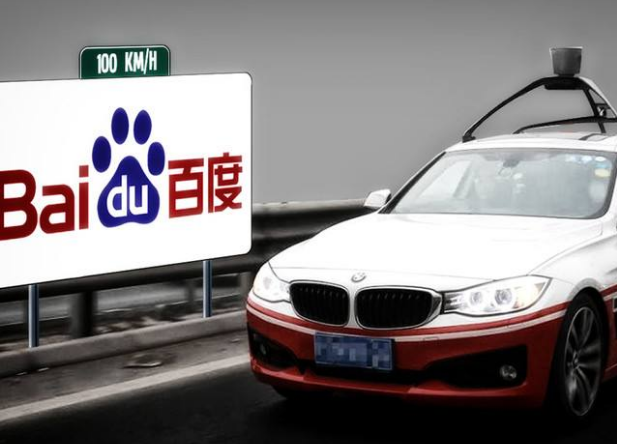Global Network Science and Technology Comprehensive Report: What is the attitude of Western countries towards the rising Chinese AI? Recently, the U.S.-based "MIT Technology Review" published an article suggesting that the West should not fear China's artificial intelligence revolution but instead adopt a learning mindset. The report highlights how China, through collaboration between the government and top companies, is steadily enhancing its national technological competitiveness.
The MIT Technology Review noted that the Chinese government has made significant investments to drive AI development. A recent long-term plan aims to secure a dominant position in the AI field. The strategy sets a three-year target for domestic AI to catch up with Western standards, with major breakthroughs expected by 2025 and a global "AI outlook" by 2030.

This effort is not limited to the government alone. More and more companies and investors are embracing the AI transformation. Leading tech firms like Baidu are hiring AI experts, setting up research centers, and investing in data infrastructure, all to compete with global giants such as Amazon, Google, and Microsoft.
According to the report, China’s AI industry has several key advantages. First, it has a large pool of skilled engineers. Second, it benefits from vast amounts of data—essential for training AI systems. Additionally, the strong desire to use AI to boost economic growth has accelerated its development. Technologies like facial recognition are rapidly being adopted across various sectors. The report also highlighted several companies driving this progress, including Baidu, Shangtang, and Tencent. Large corporations are building platforms and ecosystems, while startups focus on specific vertical applications.

Taking Baidu as an example, the report pointed out that while Microsoft developed a speech recognition system that surpassed human performance last year, few Western reporters know that Baidu had already implemented it a year earlier. As a leading AI company, Baidu has not only transformed its own business model but also positioned itself as a builder of AI ecosystems. Through initiatives like Apollo, the world's first autonomous driving platform, and DuerOS, Baidu is creating an "Android-like" platform in AI, enabling global partners to shorten their R&D timelines and accelerate the transition of AI from labs to real-world applications. Traditional businesses such as search and information feeds are also being powered by AI to improve efficiency and user experience.
Unlike the West, where many believe AI could negatively impact jobs, more Chinese people now see AI as a driver of productivity and economic growth, capable of generating new wealth. There are clear signs that if this nationwide push succeeds, China could emerge as a global leader in the AI era. Industry insiders suggest that viewing the AI story solely through the lens of competition with the West is too narrow. The real challenge lies in scaling AI technologies into widespread applications and realizing the vision of using technology to simplify the complex world. Companies like Baidu, Shangtang, and Tencent are actively exploring these frontiers, and their efforts will undoubtedly speed up the journey toward an AI-powered future.

FPV uav used for throwing,Night Vision Camera Racing FPV Drones,Customized Throwing FPV drone,FPV Unmanned Aerial Vehicle Used for Throwing
Jiangsu Yunbo Intelligent Technology Co., Ltd , https://www.fmodel-ai.com